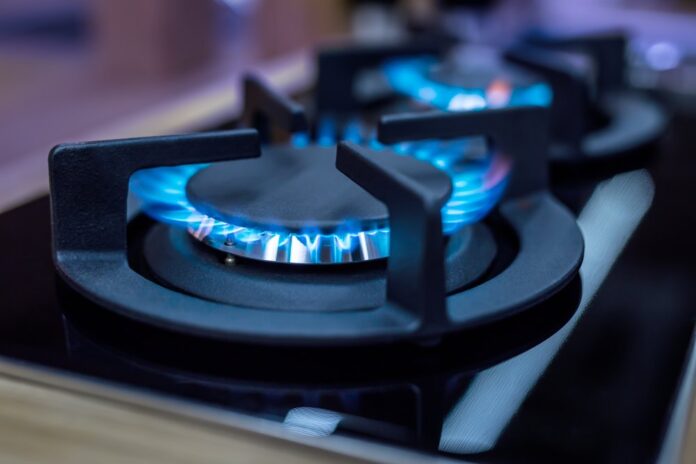BRUSSELS: EU ministers on Friday agreed cuts to peak-hour power consumption and windfall levies on energy companies in an urgent effort to bring down sky-high energy prices, according to AFP.
The decision, announced by the Czech Republic in its role holding the EU presidency, aims to mitigate energy costs sent soaring by Russia’s war in Ukraine and as the northern hemisphere winter looms.
European households and businesses are already staggering under surging energy bills, fueling record inflation that in the eurozone has hit 10 percent.
Extra drama has been injected with several unexplained leaks this week of Russia-Germany undersea gas pipelines, Nord Stream 1 and 2, that were widely seen as “sabotage.”
The EU ministers’ agreement came a day after Germany — the bloc’s export powerhouse that had long been dependent on Russian gas — announced a EUR200 billion ($195 billion) energy aid package to shield its consumers.
Other EU countries have deployed smaller-scale national measures with the same aim, but several demanded European-level concertation, in part to clamp down on energy-buying competition between EU peers.
The two measures adopted were proposed by the European Commission.
The EU executive believes it can raise EUR140 billion from the levies on non-gas electricity producers and on energy majors that are raking in outsized profits from the global energy demand.
Its plan to cut power usage foresees a reduction of “at least five percent” during peak hours, according to a commission document seen by AFP.
Missing from the announced measures, however, was an idea espoused by 15 EU countries — among them France, Spain, Italy, Greece, Malta and Poland — for a price cap on imported gas.
The energy crisis, which had been brewing even before the war in Ukraine, took on greater magnitude when Russia severely curtailed natural gas supplies to Europe in retaliation for Western sanctions over its invasion.
Energy prices in the EU are calculated on the basis of the most expensive source, in this case gas, which has gone up around fivefold over the past year.
Several EU ministers went into the meeting wanting a gas price cap to be discussed.
“There is big disappointment that in the proposal that is on the table there is nothing about gas prices,” Polish Climate Minister Anna Moskwa said.
“This maximum price for gas would be supported by the majority of European countries” and “cannot be ignored,” she said.
But Germany resisted, fearing that a price cap would simply see liquefied natural gas shipments avoid Europe and sent to more lucrative markets, worsening the supply crunch for the EU.
The European Commission shares those concerns, although EU energy commissioner Kadri Simson said there needed to be a way to target just Russian gas — which arrives in the EU by pipeline, not in LNG form.
“We have to remove the incentives that are there for Russia to manipulate these volumes, and the answer is clear: We have to offer a price cap for all Russian gas.”
She and other participants, including Irish Climate Minister Eamon Ryan, said that, for a gas price cap to be effective other major buyers such as Japan and South Korea needed to cooperate with the EU.
German Economy Minister Robert Habeck said that, while Berlin was open to the idea of a price cap on Russian gas “as a sanction,” the broader application being called for was “treacherous.”
He insisted that “we need to bring down consumption” as a priority, and “we must not allow insufficient gas to reach Europe.”
While the measures agreed Friday were steps in the right direction, the Bruegel think tank in Brussels had warned in an analysis they were “not sufficient.”
“A more comprehensive plan needs to ensure that all countries bring forward every available supply-side flexibility, make real efforts to reduce gas and electricity demand, keep their energy markets open and pool demand to get a better deal from external gas suppliers,” it said.
Further EU measures were likely to be discussed at an informal summit in Prague next week, and another EU energy ministers’ meeting on Oct. 11 and 12.
“We need to go further on these issues and come to a rapid conclusion,” French Energy Minister Agnes Pannier-Runacher said.

